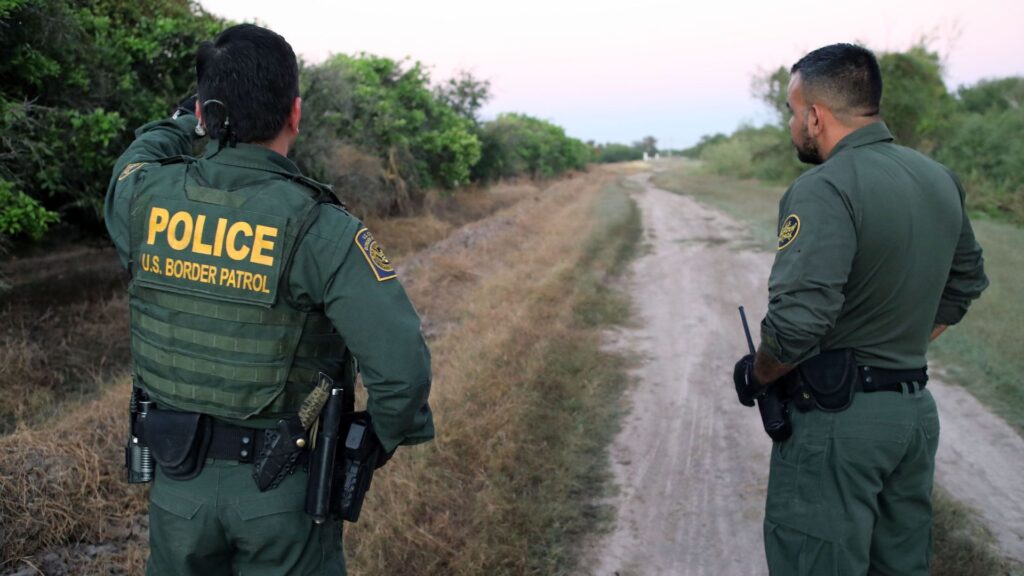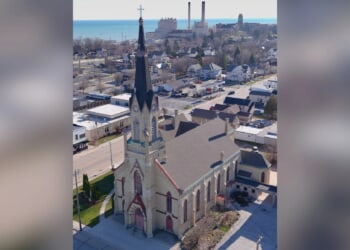Rep. Maria Salazar (R-FL) is facing sharp criticism over her “Dignity Act,” which has been introduced as a bipartisan immigration reform measure that could grant legal status and a path to citizenship to millions of illegal aliens, as reported by The Gateway Pundit.
Critics warn that the bill includes loopholes that could shield violent criminals, including known gang members like MS-13 affiliates, from deportation.

The legislation—formally named the “Dignidad Act”—was co-sponsored by Salazar along with nine other House Republicans and ten Democrats.
Trump’s Sovereign Wealth Fund: What Could It Mean For Your Money?
It offers a seven-year legal status to illegal immigrants currently living and working in the United States, which can be renewed, and grants a pathway to permanent residency for those classified as “Dreamers.”
Salazar acknowledged the controversial nature of the proposal during its unveiling, saying, “Yes, they broke the law, but someone gave them a job because they needed those workers.”
She added that “over 10 million people, or more” could benefit from the bill. In exchange for legal status, illegal immigrants would pay an annual fee of around $1,000, avoid Medicare or Medicaid benefits, and contribute 1% of their salary to the U.S. Treasury.
According to Salazar, this would ensure they “will never be deported.”
This Could Be the Most Important Video Gun Owners Watch All Year
The bill’s language, however, has raised concerns among immigration policy analysts and conservative lawmakers.
Will Chamberlain, Senior Counsel at the Article III Project, released an analysis of the 260-page bill, highlighting how the legislation could provide amnesty to individuals such as Kilmar Abrego Garcia—an MS-13 gang member with a history of domestic violence and human trafficking.

Chamberlain noted that Garcia entered the U.S. at age 16 in 2011, making him eligible for the Dreamer provision, even though he entered alone. Although Garcia had previously been deported, the bill includes exceptions for individuals who were removed but later returned.
The basic way to understand Maria Salazar’s amnesty bill is this:
If you came in to the country before Biden was inaugurated, you get to stay.
If you were under 18 when you came into the country, for whatever reason – you get a 4-year path to citizenship.
If you were over 18,…
— Will Chamberlain (@willchamberlain) July 16, 2025
Under the current bill text, law enforcement would be restricted from using gang databases to determine gang affiliation, effectively allowing known gang members to qualify if they have not been formally convicted.
Even convictions for crimes such as domestic violence could be excused if the individual claims to be a victim of abuse or trafficking.
Under @RepMariaSalazar‘s bill, the wife-beating illegal alien MS-13 gang banging human trafficker Kilmar Abrego Garcia could be granted citizenship by a future Democrat administration, with no further changes to American law.
A thread with citations explaining how. pic.twitter.com/N9n3vyeG3y
— Will Chamberlain (@willchamberlain) July 16, 2025
Additionally, human trafficking charges could be waived at the discretion of the Secretary of Homeland Security if deemed in the interest of “humanitarian purposes, family unity, or public interest.”
If eligible individuals like Garcia enroll in an educational or vocational program, or maintain employment for three years within a four-year period, they would qualify for lawful permanent residence and be eligible to apply for U.S. citizenship.
The Dignity Act is currently under review, with growing scrutiny over its broad provisions and potential for abuse.
The opinions expressed by contributors and/or content partners are their own and do not necessarily reflect the views of LifeZette. Contact us for guidelines on submitting your own commentary.














